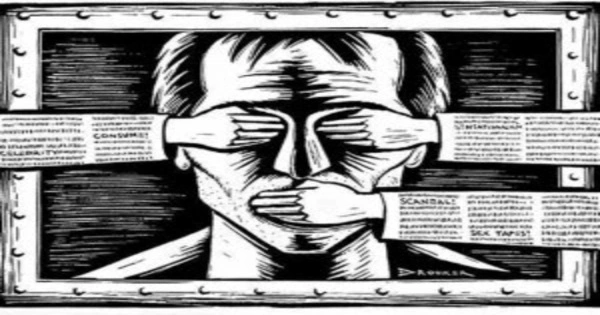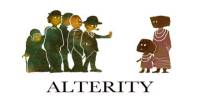In Marxist philosophy, dominant ideology refers to the attitudes, beliefs, values, and morals shared by the majority of people in a given society. It refers to the prevalent set of beliefs, values, and standards that form how society runs and impacts people’s perspectives, behaviors, and relationships.
As a social control mechanism, the prevailing ideology frames how the majority of people think about the nature of society, their place in society, and their connection to a social class. It symbolizes the ideas and attitudes that are commonly accepted and embraced by the ruling or influential groups within a society or culture. This ideology is frequently used to protect and reinforce existing power structures and social order.
The dominant ideology varies among societies and historical periods. It is often spread through a variety of channels, including education, media, religious institutions, and political discourse. Politics, economy, culture, and social conventions can all be influenced by the dominant ideology.
Karl Marx and Friedrich Engels stated in The German Ideology (1845) that “the ideas of the ruling class are, in any age, the ruling ideas” applied to every social class in service to the ruling class’s interests. The slogan “The dominant ideology is the ideology of the dominant class” outlines ideology’s function as a base for revolution in revolutionary praxis.
Marxist revolutionary praxis in a capitalist, bourgeois society strives to establish the social and political circumstances that render the ruling class politically illegitimate; as such, it is required for the effective deposition of the capitalist system of production. The working-class ideology then gains and secures social, political, and economic domination, allowing the proletariat (the urban working class and peasantry) to acquire power (political and economic) as the society’s dominant class.
Opponents of hegemonic ideologies contend that they can perpetuate inequity, promote the current quo, and discourage alternative ideas or dissenting voices. It can also result in the marginalization of specific groups or individuals whose opinions and values differ from those of the dominant narrative. Proponents of the prevailing ideology, on the other hand, may claim that it gives stability, social cohesiveness, and a shared view of the world, all of which are necessary for society to function.
















